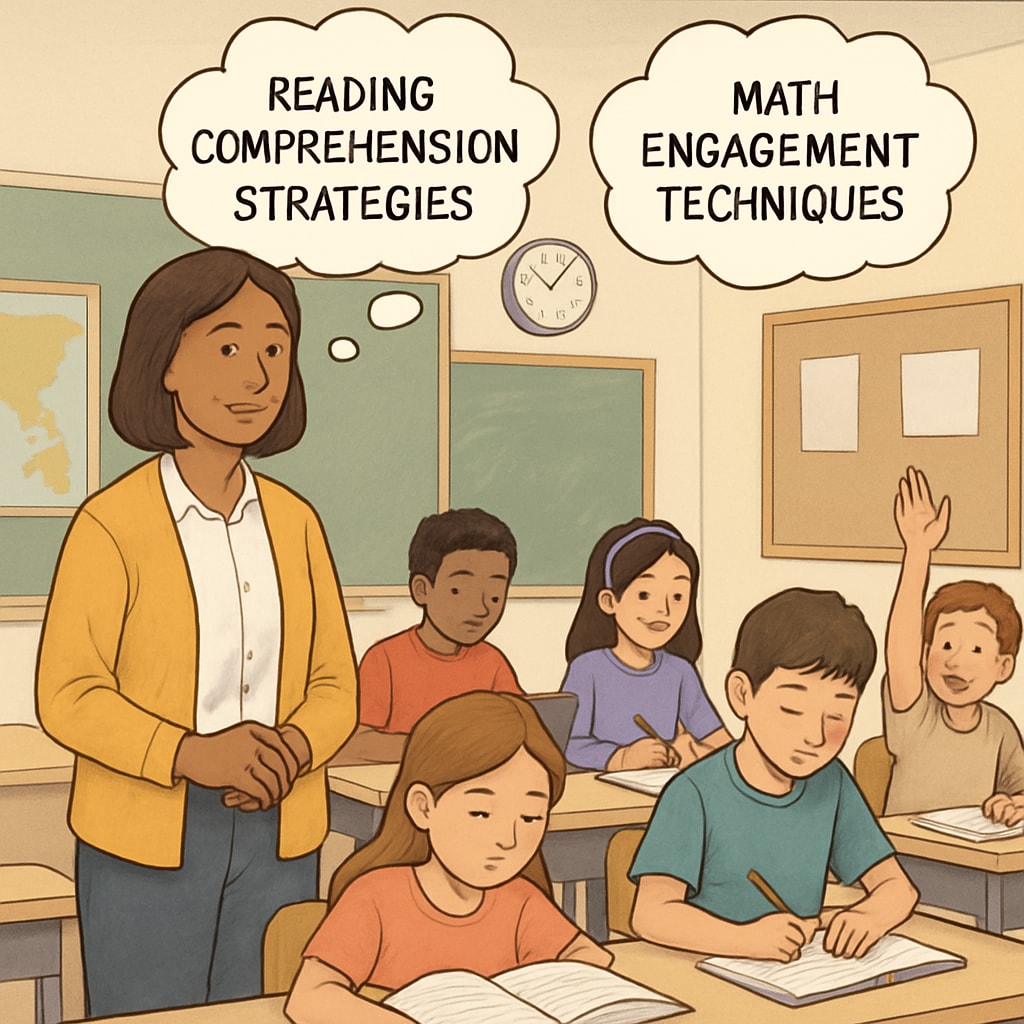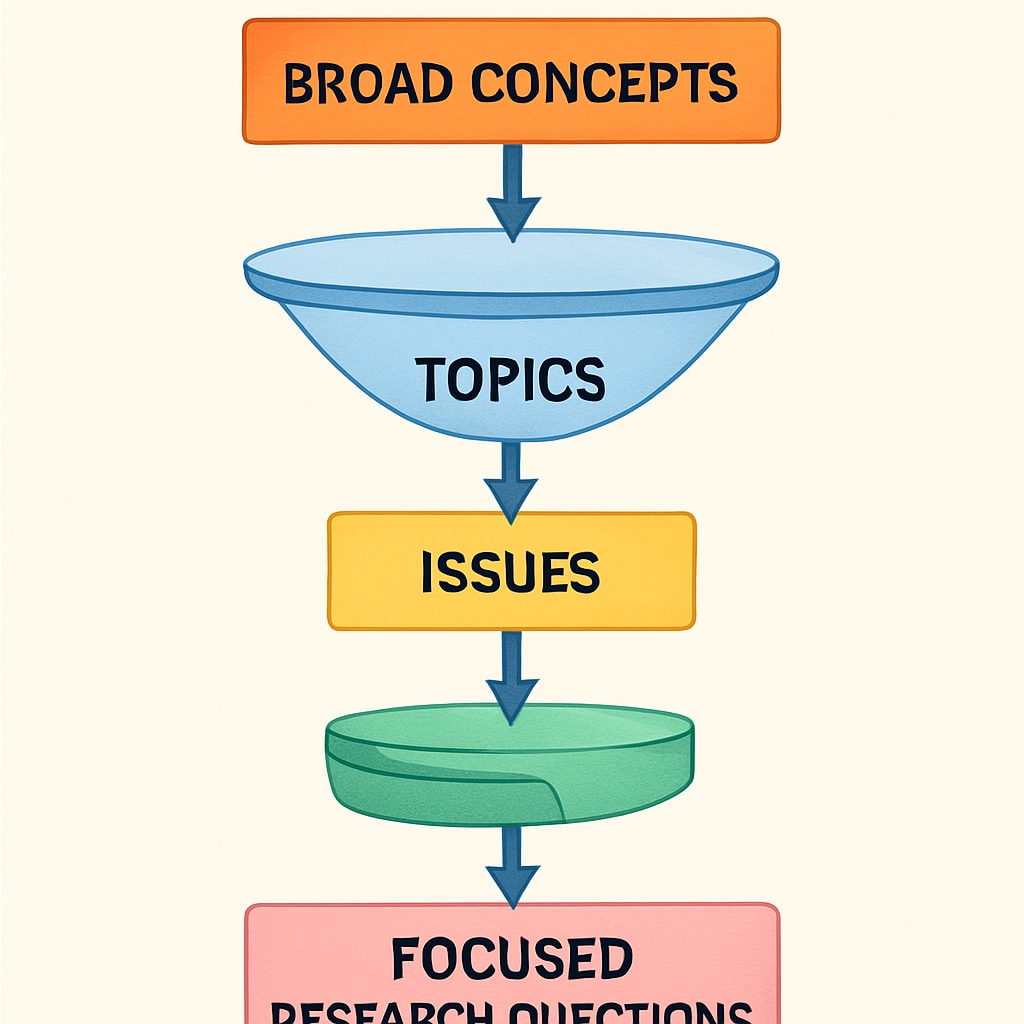Developing effective research questions (research question formulation methods) is the foundation of meaningful educational studies. For K12 educators transitioning from practice to research, this process transforms classroom observations into structured academic inquiries. According to Wikipedia’s research question guidelines, well-formulated questions should be specific, measurable, and aligned with educational objectives.
Identifying Potential Research Topics
Begin by examining daily teaching challenges that lack clear solutions. Common sources include:
- Student learning gaps in specific subjects
- Effectiveness of new teaching technologies
- Behavior management strategies
- Curriculum implementation challenges

Refining Broad Ideas into Focused Questions
The Encyclopedia Britannica’s education research methods suggest using the FINER criteria (Feasible, Interesting, Novel, Ethical, Relevant). Apply this framework to:
- Narrow broad topics through literature review
- Specify target populations and variables
- Determine measurable outcomes
Common Pitfalls in Question Development
Avoid these frequent mistakes in academic inquiry design:
- Questions too broad for classroom-based research
- Overlooking practical data collection constraints
- Failing to connect questions to theoretical frameworks
- Neglecting stakeholder perspectives

Implementation tip: Collaborate with colleagues to test question clarity. As researcher John Dewey noted, “A problem well-stated is half-solved.” This collaborative approach strengthens both question formulation and eventual research design.


